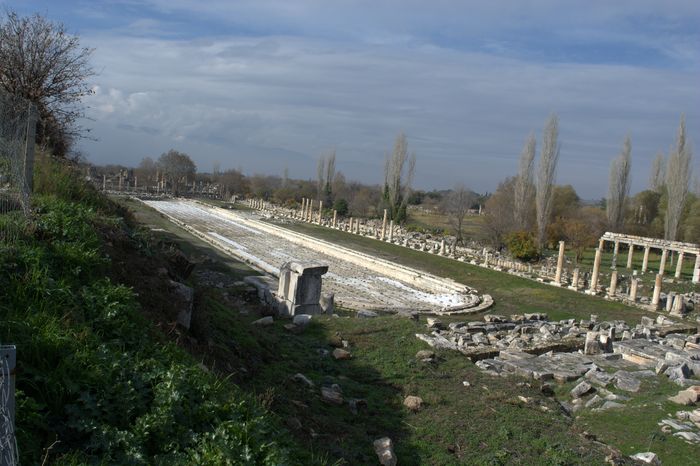Adopted children will not avail the adopter, but though given in adoption are reckoned in favor of their natural father. Grandchildren by a son may be reckoned in the number, so as to take the place of their father, but not grandchildren by a daughter.
War may not be reckoned
It is only those children who are living that can be reckoned to excuse any one from being tutor or curator, and not those who are dead. It has been questioned, however, whether those who have perished in war may not be reckoned; and it has been decided, that those who die in battle may, but they only, for glory renders those immortal who have fallen for their country.
1. The Emperor Marcus declared by rescript in his Semestria, that a person engaged in administering the property of the fiscus is excused from being tutor or curator while his administration lasts.
2. Persons absent on the service of the state are excused from being tutors or curators; and if those who have already been appointed either as tutors or curators should afterwards be absent on the public service, they are excused during their absence, and meanwhile curators are appointed in their place.
On their return, they must again take upon them the burden of the tutelage; and, according to Papinian’s opinion, expressed in the fifth book of his answers, are not entitled to the privilege of a year’s vacation, which is only allowed them when they are called to a new tutelage.
3. By a rescript of the Emperor Marcus, all persons invested with magisterial power may excuse themselves; but they cannot abandon the office of tutor, which they have already undertaken.
4. No tutor or curator can excuse himself by alleging a lawsuit with the pupil or adult; unless the suit embraces the whole of the goods, or the property, or is for an inheritance.
5. Three tutelages or curatorships, if unsolicited, serve as an excuse from filling any other such office, while the holder continues to discharge duties. But the tutelage of several pupils, or the curatorship of an undivided property, as where the pupils or adults are brothers, is reckoned as one only.
6. Poverty is a sufficient excuse, when it can be proved such as to render a man incapable of the burden imposed upon him, according to the rescripts given both by the imperial brothers together, and by the Emperor Marcus singly.
7. Illness also, if it prevents a man from superintending his own affairs, affords a ground of excuse.
8. So, too, a person who cannot read must be excused, according to the rescript of the Emperor Antoninus Pius; but persons who cannot read are sometimes considered capable of administering.
Read More about The Institutes 535 CE part 5








